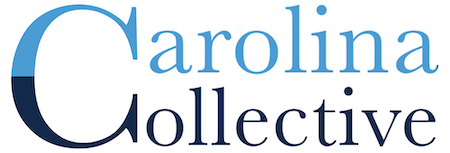About:
Peer and mutual support are evidence-based strategies that can help people cope with stress, fear, and other impacts of COVID-19. These impacts will continue among students, faculty, and staff this academic year, and, importantly, beyond as we all deal with delayed effects and continuing challenges of COVID-19. We propose a Peer Support Core that would promote high quality, diverse, broadly available peer and mutual support for students, staff, and faculty. This would provide a base for coping with COVID-19 as well as identifying and combatting racism and inequity, and enhancing mental health across campus. The Core would be based in Peers for Progress which has promoted peer support worldwide over ten years, headquartered in the Gillings School. The Core would encourage peer support in its many forms – from an organized support group to a soccer club. Specific activities would include: i) working with existing peer support groups and activities across campus to share good ideas and provide training and opportunities for enhancing skills; ii) helping folks in their own departments, offices, or campus organizations to develop mutual support resources and activities. The objective of all of these: no one is without someone they can talk with about current stressors. Helping deal with COVID, address racism, promote equity and diversity, and improve mental health, peer support can move us toward a culture of mutuality across campus. Current collaborators include UNC students, staff, and faculty and representatives from a number of schools and offices. We welcome others to join us!
Team:
Ed Fisher, Professor and Global Director, Peers for Progress, Department of Health Behavior, Gillings School of Global Public Health. Pat Tang and Samantha Luu, Program Managers, Peers for Progress, Department of Health Behavior, Gillings School of Global Public Health. Hannah Barker, Megan Evans, Snigdha Pedireddy, Yiqing Qian, and Angela Zhang, MPH and PhD students, Peers for Progress, Department of Health Behavior, Gillings School of Global Public Health.
The Carolina Peer Support Collaborative that Peers for Progress has facilitated and that includes representatives from the College and Graduate School Deans’ offices, Carolina Black Caucus, Employee Forum, Student Government, the Center for Faculty Excellence, and the Schools of Dentistry, Medicine, Nursing, Pharmacy, Public Health, and Social Work.
Interested in receiving assistance from:
Students Faculty Staff
Contact Person:
Ed Fisher or Pat Tang (peersforprogress@unc.edu)
Connect:
Twitter: @Peers4Progress
Website: www.peersforprogress.org

